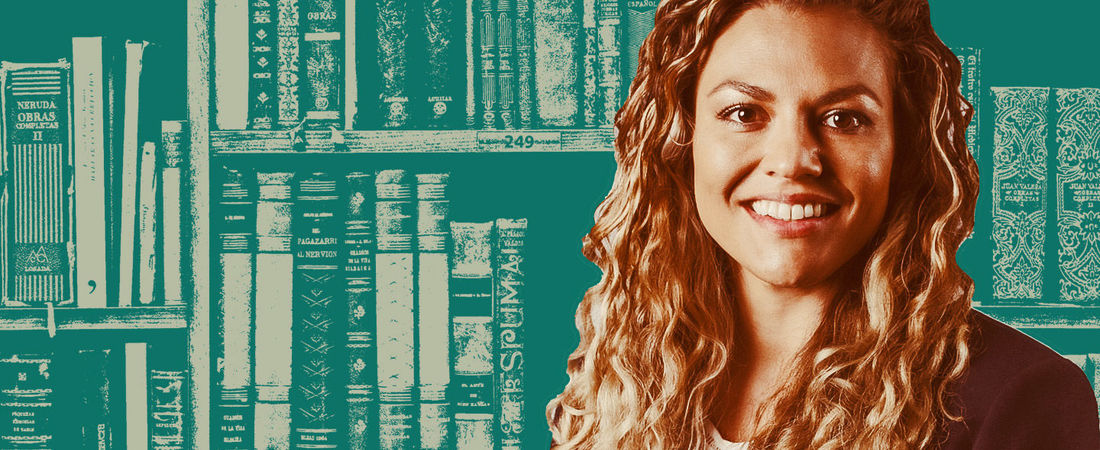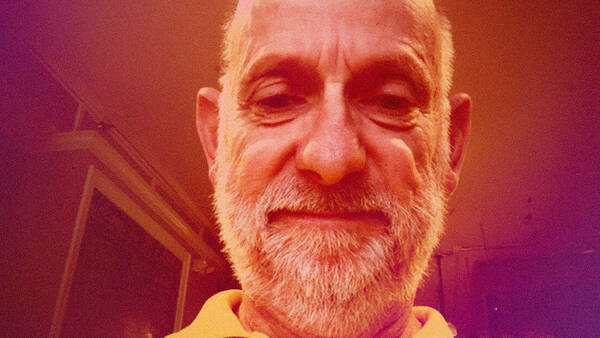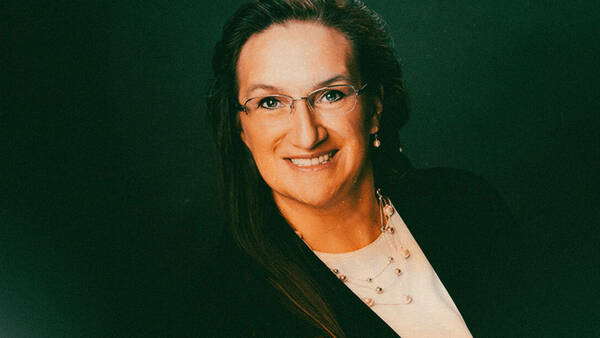In the spring of her senior year at Notre Dame, Tralynna Scott ’06 was discerning what she wanted to do after graduation.
With an accountancy degree in the offing, she got offers from some of the big accounting firms in Chicago, and was still considering law school, too. She also had the option to move back home to northeast Oklahoma and work for her tribe, the Cherokee Nation.
With these options swirling in her mind, Scott took a trip to her family’s hometown of Greasy a few months before graduation, and went for a long run through the lush rolling hills of Oklahoma Indian Country.
“I just remember being there and seeing the community again, and seeing my people and my home,” Scott said. “And when I was taking that run through those back roads, I made my decision that I was going to come home and I was going to work for the tribe, because I knew these people and I knew the impact that the Cherokee Nation had on their lives. And I wanted to be a part of that.”
And she’s been a part of it ever since.
Scott started with Cherokee Nation Businesses, the conglomerate holding company that manages about 50 subsidiaries that generate revenue for the Cherokee government. Over the next 14 years, she worked her way through the ranks — along the way earning a joint law and master of taxation degree at the University of Tulsa — eventually serving as the company’s director of corporate tax.
Then, last summer, Scott got a call from the incoming Chief of the Cherokee Nation, who asked if she would serve as the tribe’s treasurer.
“It made me think back to why I decided to come work for the Cherokee Nation versus anywhere else. And it was because I wanted to make an impact in the lives of Cherokees,” Scott said. “And I knew that this role would afford me that opportunity much more so than what I was doing at the time. So I spoke to Chief again and told him that I would be honored to serve as his treasurer.”
Scott now oversees an annual budget of $1.2 billion for the the 383,000 citizens of the Cherokee Nation, the largest tribe in the U.S.
“You get a very sobering sense of responsibility really quickly when you know that you’re the one who’s ultimately responsible for overseeing that much,” Scott said. “But also, it’s very exciting and just makes me really proud of what we’re doing. And I take every day and I think about all those dollars and how much they’re going to impact the lives of not just the Cherokee citizens, but really, all Oklahomans, especially in Northeast Oklahoma, because of all of the different services and support that we can offer.”
These services include the largest tribal-owned health system in the country, a $15 million scholarship program for Cherokee students, job training, and wraparound support such as rental assistance and addiction treatment to combat the opioid epidemic, which has ravaged rural Oklahoma.
All of this, Scott says, makes for highly rewarding work.
“I’m not working every day to make the shareholders more wealthy or make an individual owner more wealthy. I’m working every day to make every citizen of the Cherokee Nation have a better standard of living,” she said. “The work we do is offering people the opportunity to break the cycle of poverty that has plagued not just the Cherokee Nation, but all of Indian Country, for generations.”
Scott grew up splitting time between suburban Tulsa and Greasy, where her grandparents owned a community grocery store and cattle ranch. She would spend summers and other school breaks with her grandparents, working on the ranch and at the store, which also served as a community center of sorts.
“That really left an impression on me because I got to really interact with the community during those times,” she said. “These Cherokee elders would come and they would sit in the back of the store by this wood-burning fire stove and just talk, usually half in Cherokee, half in English. And I just developed a love of my tribe and community from that time I spent down there.”
Scott’s uncle attended Notre Dame Law School, and he encouraged her to apply as an undergraduate. She didn’t think she would get in, or be able to afford tuition, but ended up getting accepted early. And when her financial aid package made Notre Dame more affordable than state school in Oklahoma, her choice was easy.
Scott started on a pre-med track before switching to accountancy, where she found a curriculum rooted in ethics and service.
“The service and the servant leadership aspect of the Notre Dame is ultimately what drove me to look beyond the typical corporate world for somewhere I could not only make a living and support myself and my family, but also be fulfilled and know that the work I’m doing is meaningful and worthwhile,” Scott said.
And as she has advanced in her career, Scott also has given back to Notre Dame. She currently serves as the director of Native American student recruitment for the Notre Dame Native American Alumni Board.
Moving forward, she hopes to stay involved with the Alumni Association, and continue her service in Indian Country, even beyond her tenure as treasurer of the Cherokee Nation.
“Right now, the sky is the limit,” Scott said. “And I really think that we can work together to heal some of the wounds that have plagued Indian Country for several generations now. We can start to heal those and heal families and increase the standard of living for Native Americans across the country. And I want to be a part of that. So I don’t know exactly what I’ll do in the future, but I know it will be in Indian Country.”



